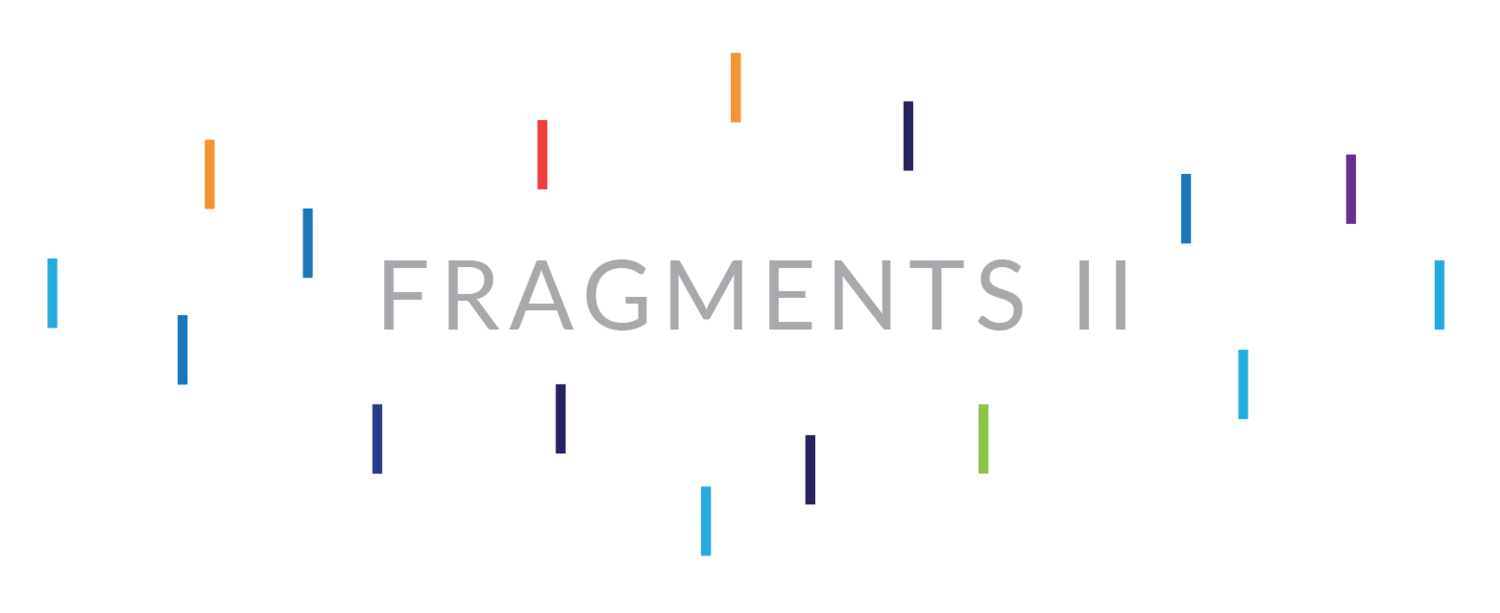Looking into the Deep Future of International Education
When we think about the future, we tend to extrapolate from what know to be true today and add a little bit more into the mix.
This approach takes us forward five or maybe even ten years, but isn't much help to us when we try to focus on anything beyond this almost here and now.
It's like using a pair of binoculars to determine what is happening on the surface of the moon. Everything just becomes a bit of a blur.
And if you are not convinced, take a step back - away from this moment in time where international education is expanding across the globe - to life just six or seven decades ago; to a time when our schools, our curriculum programmes, and our Advancement offices simply didn't exist.
In the history of education, I am suggesting, international education is still little more than a punctuation mark at the end of a long sentence. And there is no telling, at this point in time, whether it will be a factor in human history six decades from now.
So how do we approach the deep future of international education? How do we look far into the future and begin to predict the path along which we should travel?
"The problem with the future," says Gary Hamel, "is that it is different. If you are unable to think differently, the future will always arrive as a surprise."
Thinking differently, however, is not putting our finger to the wind and making rash predictions based on what we know today. Using today's reality to extrapolate the long term future of our schools is only to ignore the countless driving forces that will undoubtedly affect our journey into this future.
The telescope that we need to build, I propose, is one based on the logic of scenario planning; a structured approach that is founded upon the possibility of multiple future landscapes that may or may not emerge; educational worlds that don't yet exist - but could.
Looking into the deep future requires a degree of imagination, the courage to tell different stories, the playful wandering down different pathways that may eventually turn out never to exist.
Alternatively, we can choose never to look beyond the horizon and simply let the future take us by surprise.
Photo by Bryan Goff on Unsplash




